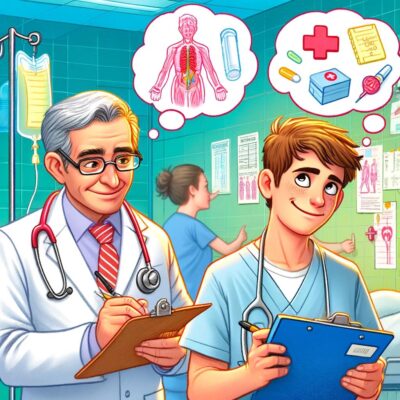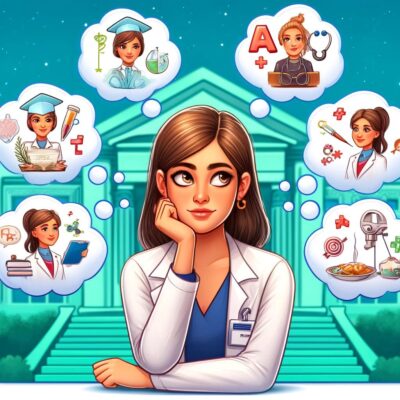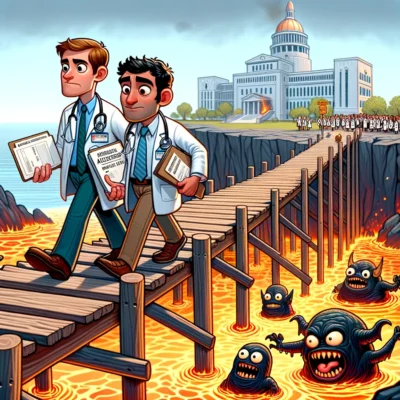Important Changes to This Year’s AMCAS Application
With the AMCAS portal opening May 1, many medical school applicants have already begun this process in earnest. Of all the graduate and professional schools, medical school has the most intense, time-consuming, and onerous application,...











